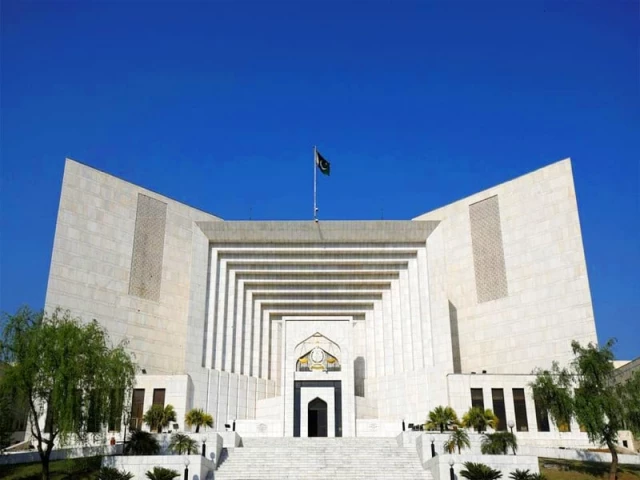Understanding the Supreme Court’s Recent Ruling on Judicial Confessions
In a significant ruling, the Supreme Court of Islamabad has set a clear standard regarding judicial confessions, emphasizing that they should be wholly voluntary, without any form of coercion or psychological pressure. This ruling comes after the Court acquitted a death row convict, highlighting the importance of fair judicial processes.
Justice Athar Minallah, in a comprehensive 30-page verdict, pointed out that no one confesses to a crime lightly; the ramifications can be dire. The judgment stated that being in custody can worsen a person’s mental state, leading to confessions that may not reflect the truth. The Court noted that even an innocent person might confess under extreme distress just to alleviate their suffering.
Key Points from the Ruling
-
Voluntariness of Confession: A confession must come from one’s own free will, without outside influence — be it threats, promises, or hope of leniency. The Court highlighted the need for heightened scrutiny, especially when the accused is in police custody.
-
Prolonged Custody Concerns: An extended period in police custody can diminish the evidentiary value of a confession. The Court indicated that while delays in recording a confession aren’t automatically fatal to its validity, they do require careful consideration.
-
Special Attention for Vulnerable Individuals: The Court stressed the need for greater caution when handling confessions from vulnerable groups, such as juveniles. Ideally, these individuals should have the support of a guardian during the process.
- Procedural Integrity: The ruling underscored that any procedural lapses, such as not removing handcuffs before presenting an accused to a magistrate, could jeopardize the integrity of a confession. The magistrate’s report must address such details to ensure the confession’s reliability.
The Importance of Timely FIR Registration
The Supreme Court also tackled the pressing issue of delayed FIR registration, particularly in Sindh province. The delays were described as a significant threat to the integrity of the criminal justice system. Timely registration of FIRs is crucial, as it plays a fundamental role in maintaining public trust.
During the proceedings, the Court summoned the Inspector General of Police Sindh and the Acting Prosecutor General, who acknowledged the issues and outlined measures for improvement. However, the Court deemed cultural norms and preferences for reconciliation as inadequate justifications for the delays.
Conclusion
This ruling is a crucial step towards ensuring that judicial confessions are treated with the seriousness they deserve, protecting the rights of both victims and the accused. The Supreme Court has made it clear that fairness in the judicial process is non-negotiable.
For those interested in staying updated with the latest legal developments or exploring more about judicial processes, engaging with platforms like Pro21st can provide valuable insights. Stay informed and empowered!





